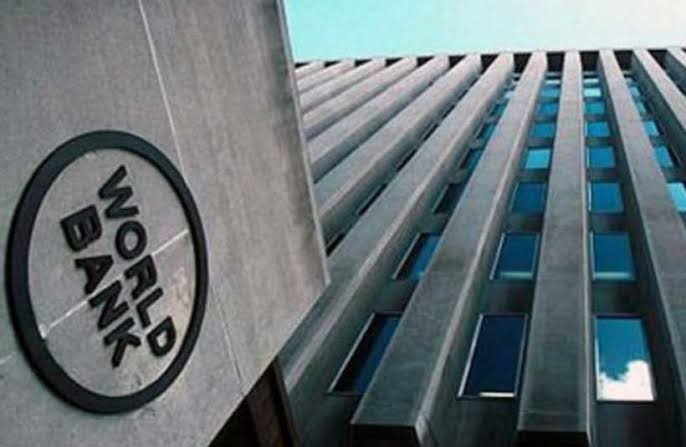By Dare Akogun
The International Fund for Agricultural Development, IFAD has stated that the Africa continent needs a cumulative sum of $614bn by 2030 to address its rising challenge of food insecurity and transform the food system.
The Associate Vice President for External Relations and Governance, IFAD, Satu Santala, gave the inddication in a recent report titled “Financing food systems resilience in Africa: A starting point for transformation”.
He called for more finance and investments in Africa’s food systems, innovations that reorient towards fairer outcomes, create jobs and harness the potential of Africa’s youth.
According to him, in the wake of the war in Ukraine, IFAD launched a Crisis Response Initiative to protect the livelihoods and productive assets of small-scale farmers.
“Bringing more and fairer investments into African food systems requires innovation and commitments from governments, the private sector, and international partners.
“This is where I see room for leaders to focus their attention. New research indicates that transforming African food systems is estimated to require $77bn a year until 2030–$614bn in total,” he explained.
Santala noted that the demand for IFAD’s work and financing was far greater than the level of commitment.
He revealed that IFAD would be presenting the investment case to its member states later this year to scale up through the fund’s next replenishment.
“By taking a medium- to long-term development perspective, leaders can target the root, underlying causes of food insecurity and build resilience to future shocks.
“Doing this successfully in Africa would be a huge step in ending global hunger and transforming food systems globally. IFAD will continue to champion this cause,” he reiterated.
He added that IFAD emphasised that one of the major factors causing the fragility of Africa’s food systems and the pressing need for increased investment in food security was the effect of global shocks.





